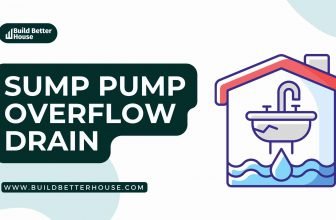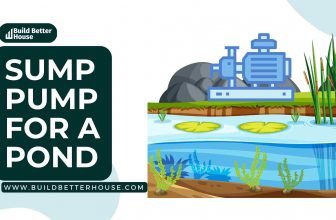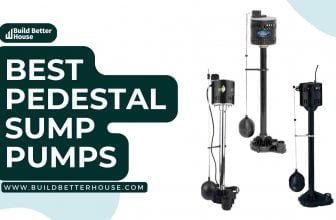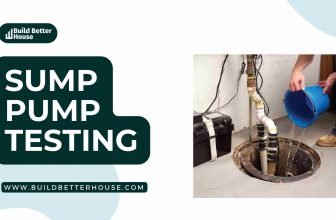Sump Pump Discharge to Street: Everything You Need to Know
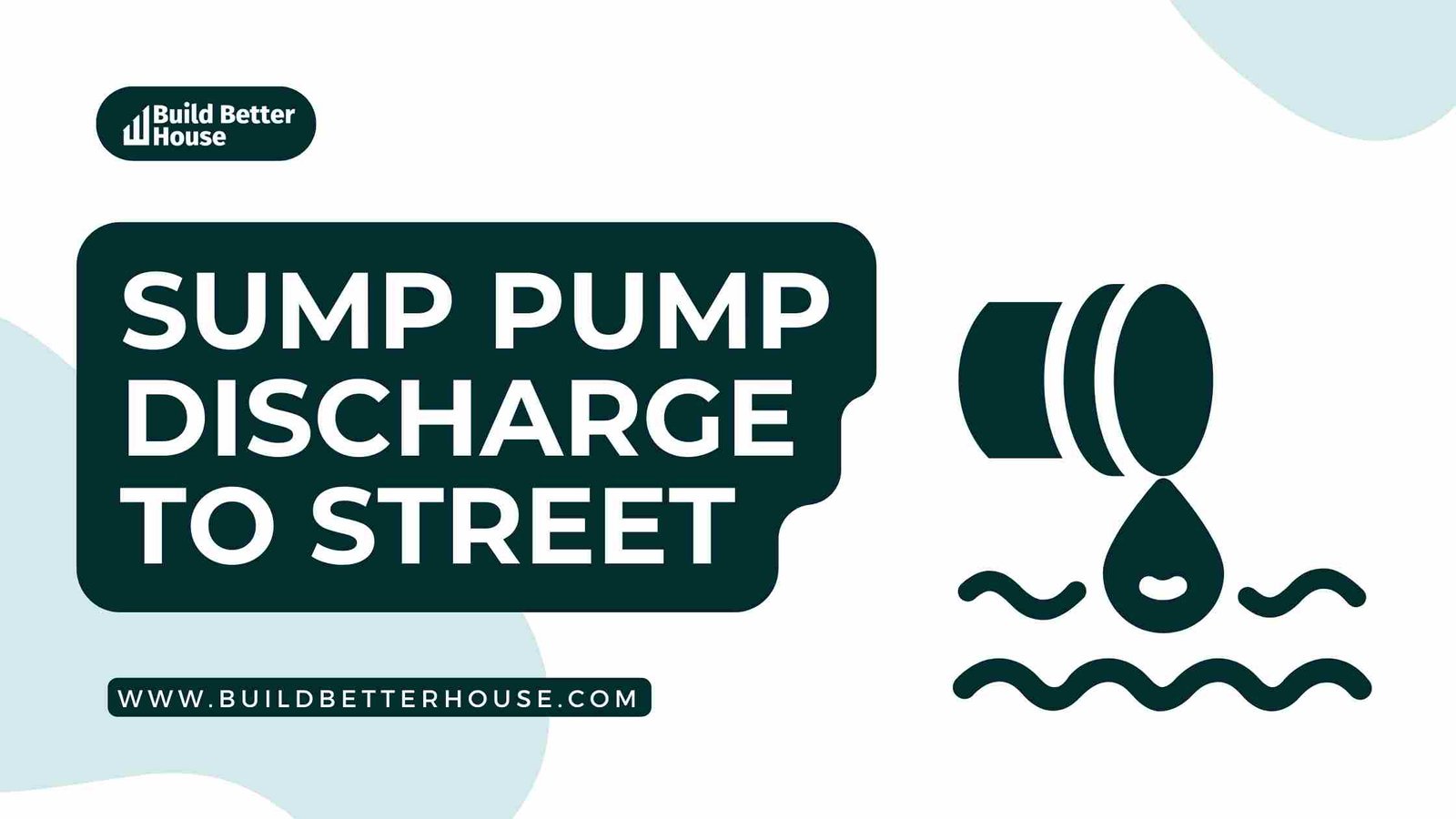
Is sump pump discharge to street illegal? Yes, in many cities, it is unlawful for a sump pump to discharge into the road. Don’t lose hope yet. Every problem has a solution.
Whether you’re tired of choosing where to put your sump pump discharge line or you choose to direct it to the street, you should first determine whether it’s okay to do so. In most cities, it is illegal to discharge water into the street, even if it is the easiest option.
If you know that discharging your sump water into the alley or street is illegal, it is essential to have a proper drain system.
This post will assist you in understanding why it is crucial to have an accurate drainage system and why there are better ideas than sump pump discharge to street.
Is Sump Pump Discharge To Street Illegal?
Choosing where to discharge sump pump water can be a demanding decision. Homeowners often direct their discharge lines to the street rather than selecting the correct location for their sump pump.
This is not always a concern, but you should ask if you can discharge your sump pump water to the street. Different cities have different rules for sump pump discharges.
In most cities, sump pump discharge to street is allowed, but the water cannot be discharged to the street from November 1 to April 1, as it would freeze. On the other hand, in many cities, it is unlawful for a sump pump to discharge into the street.
Stay a sufficient distance from another property when releasing your sump pump water. Please contact your local Public Works Department to learn the specific laws in your area, as they may vary.
Don’t lose hope yet; every crisis has a solution. It’s critical to do your research when choosing a drainage point for your sump pump so that you don’t cause problems for your neighbors.
Why Is Sump Pump Discharge To The Street Illegal?
You can’t eliminate the extra sump water by discharging it into the street. Sump pump discharge to street and city water pipes creates two difficulties: excess wear and tear and increased water treatment costs.
In some areas of the nation – especially the North East and Midwest – sewage and storm lines are all interconnected, which means that your local pipes might not be able to handle the additional water flow or further processing and pumping costs.
The extra wear and tear and erosion caused by pumping sump water into the street and onto the sidewalk and road surfaces are also an issue.
Your neighborhood was created to handle a specific amount of water in the street and aid its flow in certain areas. By pumping more water than anticipated, you might cause long-term problems.
Many people neglect to consider the dangers of winter when draining their sump pump into the street. Sump pump discharge to the street increases the likelihood of the road icing and becoming impassable.
If your yard needs more drainage, install a drainage extension to route water properly.
Your Neighbors Sump Pump Discharge
Your neighbors may dump sump pump water onto the roadway, sidewalk, or alley. This is usually the result of a new homeowner who needs to learn that his actions are causing problems.
In other instances, there might be a flood in their basement, and they will be forced to drain water into the street to avoid it.
You should talk to them and inform them that sump pump discharge to street is illegal and that their pump should drain water through proper drainage.
Sewer And Storm Lines
It is the best solution unless the storm and sewage lines are not connected, for cities that allow sump pump discharge to street to flow to the storm sewer.
You are in luck if the storm sewage lines are near your property. The city must spend more money on sewage if the lines are connected. The municipality may agree to link your discharge line directly to the storm lines.
You must direct your sump pump to your yard if you cannot discharge to the street or storm line.
Right-of-way Work Permit
Sump pumps cannot run directly into the street to discharge wastewater. You must apply for a Right-of-Way Work Permit from the Department of Public Works if your sump pump discharge to street.
The street must be in the public storm sewer system right of way, and you must obtain a Right-of-Way Work Permit if you release water there.
The thing about a discharge line is that it must be smaller than 4 inches in diameter. You are responsible for system maintenance and drainage line maintenance.
If you cannot connect your discharge lines to the storm sewer structure, the department may agree to connect them to the sewer pipes. If you have your permit from the PWD, they can explain everything to you.
Why Discharge To The Street When You Have Other Options?
After reading this, you may think that sump pump discharge to street is unnecessary and requires a lot of work: Would you instead release it in your yard or pay for the permit and inspector?
You might be mistaken if you assume that water in your yard will not cause problems because it is on your property. The most serious consequence would be water in the basement of your house. This could cause severe structural damage.
Your neighbors will similarly be affected if you use your yards to discharge water. You might think water will rapidly drain away in your yard, but that is not the case.
Waterflow is unpredictable, so you may need to find where the water will end up.
Discharging your sump pump water to the storm sewer system is best. Fortunately, your city knows where the water will go, and you do too.
Laws In Your City
Contact your local city hall or homeowners association to find out whether your sump pump must be connected to the city sewer lines or whether you can drain it elsewhere.
You must connect your sump pump to city sewage lines in most areas, but in rural areas, you may be allowed to drain your sump pump in other places.
You can find out what local rules and regulations exist regarding sump pump discharge to street by visiting your city’s website.
Wrapping Up
You’ve got the information you require regarding the sump pump discharge to street. Make sure to ask PWD if you have any questions or concerns.
Sump line drains into the road can cause erosion damage, increased pothole formation, and other structural damage that takes weeks to repair.
Because of this, you should connect the sump pump drain lines to city storm or flood lines.



